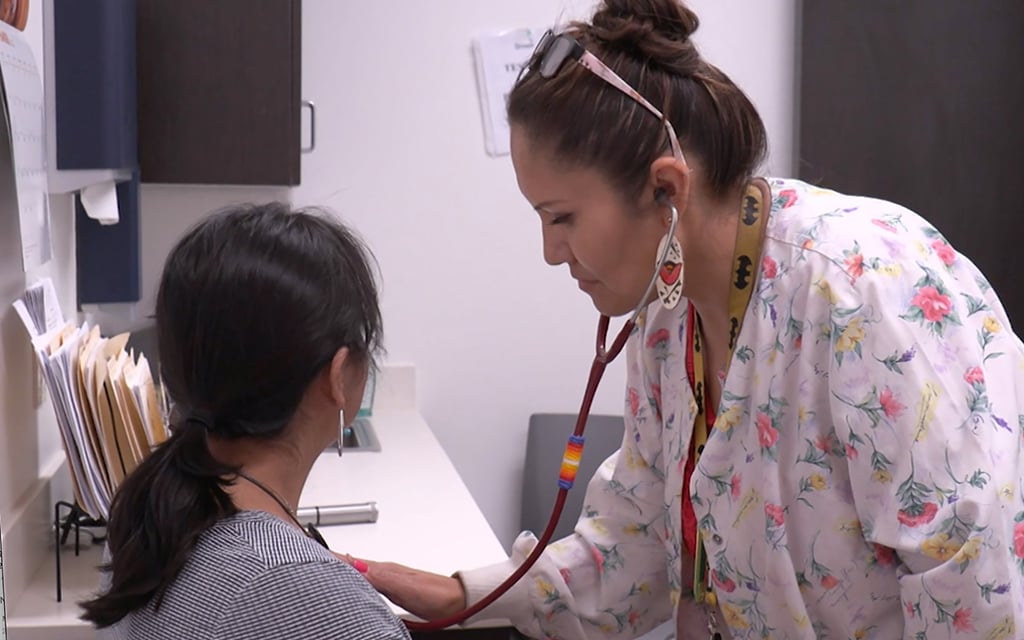Health officials in Southern California caution the public against consuming raw oysters from certain parts of Mexico following a surge in suspected norovirus cases. Over 200 people have fallen ill, with more than 150 cases reported in Los Angeles County and 69 confirmed and probable cases in San Diego County. Food and Drug Administration issued advisories for specific harvest locations in the Mexican states of Sonora and Baja, California, urging caution and raising concerns about norovirus contamination.

Details of the Outbreak
The outbreak in Southern California has affected multiple counties, such as Riverside, San Bernardino, Los Angeles, San Diego, Orange, and Ventura. The FDA initially issued an advisory on January 11 after investigations by San Diego County health officials pointed to oysters from a site in Sonora. Subsequently, on January 17, the FDA expanded its advisory to include oysters from Laguna De Guerrero Negro, Laguna Manuela, and Estero Morua on the Pacific Coast of Baja California, Mexico.
Norovirus symptoms associated with the outbreak encompass diarrhea, vomiting, nausea, stomach pain, fever, headache, and body aches.
A consumer warning has been issued by the California Department of Public Health, cautioning against the consumption of raw oysters sourced from specific harvest locations in Mexico due to potential norovirus contamination. Restaurants are advised to refrain from serving oysters imported from these locations until further notice, given the growing number of harvest sites linked to illnesses.
READ ALSO: Ibogaine By David Dardashti: How Ibogaine Hydrochloride Impacts Opiate Receptors
Safety Measures and Recommendations
Notably, all implicated oysters were harvested in December, and there has been no distribution of these oysters to San Diego food venues since that time. As a precaution, individuals are encouraged to inquire about the origin of oysters before consumption and to take measures such as washing hands and surfaces that may have been in contact with potentially contaminated oysters.
As health officials work to contain the norovirus outbreak linked to raw oysters from specific Mexican harvest sites, consumers are advised to exercise caution, inquire about oyster origins, and adhere to safety measures to prevent illness. The FDA’s expanded advisories underscore the importance of vigilance in consuming raw oysters during this period.
READ ALSO: Tuberculosis: The Overlooked Role of Malnutrition and N-AIDS in Patient Outcomes



